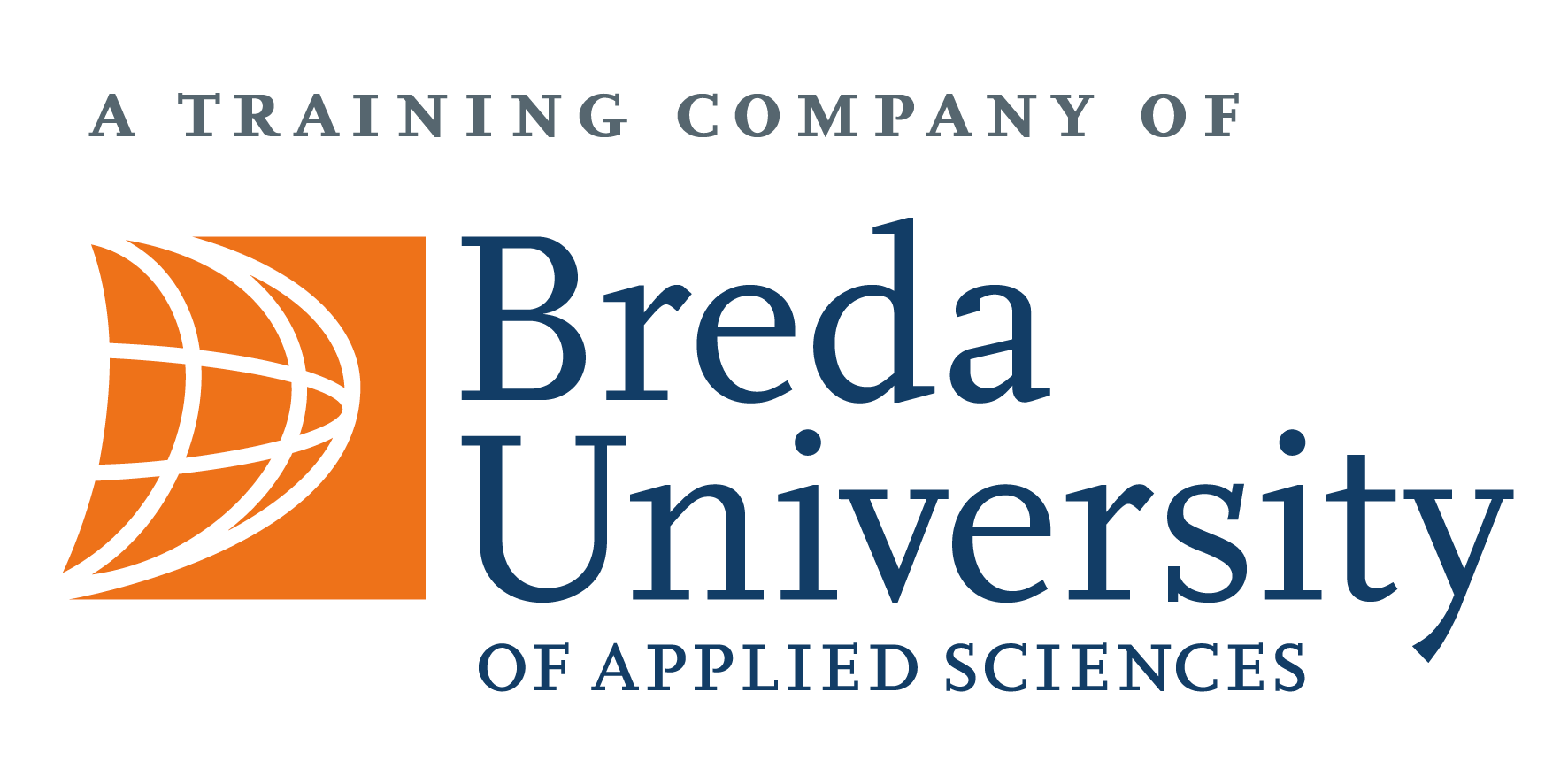
During my philosophy-studies, in one of our meetings, I asked my thesis-supervisor her age. In response, she asked me why it was important for me to know. This question surprised me, and I responded that I didn’t think it was important: I was just curious. But then I asked her why she asked me why it was important for me. This lead us into a very interesting conversation on the topic of identity and bias. One that, unfortunately, we weren’t able to finish at that time. But one thing seemed evident. There seems to be no way around it: as an identity, you will get biased.
In today’s hyper-connected world, an individual is confronted with having to navigate in a world of contrasting positions, that also seems to place you into ‘one box or the other’. Based upon some individual traits that are deemed characteristic of a certain ‘box’, not-regarding whether we feel we belong there or not, or in fact act in that particular way. One way or another, justified or not, it appears we cannot escape biases.
How do we cope with this?
To be treated with respect and as an equal, we might have good reasons not to share identifying information about ourselves that might lead to us being discriminated against or treated differently. For example, we might avoid giving information about our age, personal situation, sexual identity, or gender identity. We might even do this unintentionally. This gives rise to some important questions:
- How can we be respected as an individual when part of our identity is hidden?
- To what extent does hiding certain elements of our identity allow for (unjust) biases to remain, rather than being challenged?
- To what extent can we be ethically required to stand up to unjust normative views and practices in light of protecting our well-being?
- To what extent can we be ethically required to accept or tolerate normative views that we do not hold ourselves?
During the BUas College Tour on 16 March, I will continue my conversation with, my now former supervisor, Dr. Catherine Robb, Assistant Professor at the Philosophy department of Tilburg University. But I will not do so alone: I’ll do so together with our students, and hopefully with you!
What can you expect?
Dr. Catherine Robb’s interests and experience are in ethics and political philosophy, particularly the nature and value of self-development and the implications this has on wellbeing, morality, and equality.
We will discuss the topics of identity and bias in an accessible and interactive way. Would you like to come, but not actively participate in the conversation? Even then you are welcome because we find it important that you feel at ease.
Want to join us?
We would like to welcome you to come and ask your questions and offer your thoughts in our dialogue with Dr. Catherine Robb on the 16th of March, for which you can register here. We hope to see you there!

